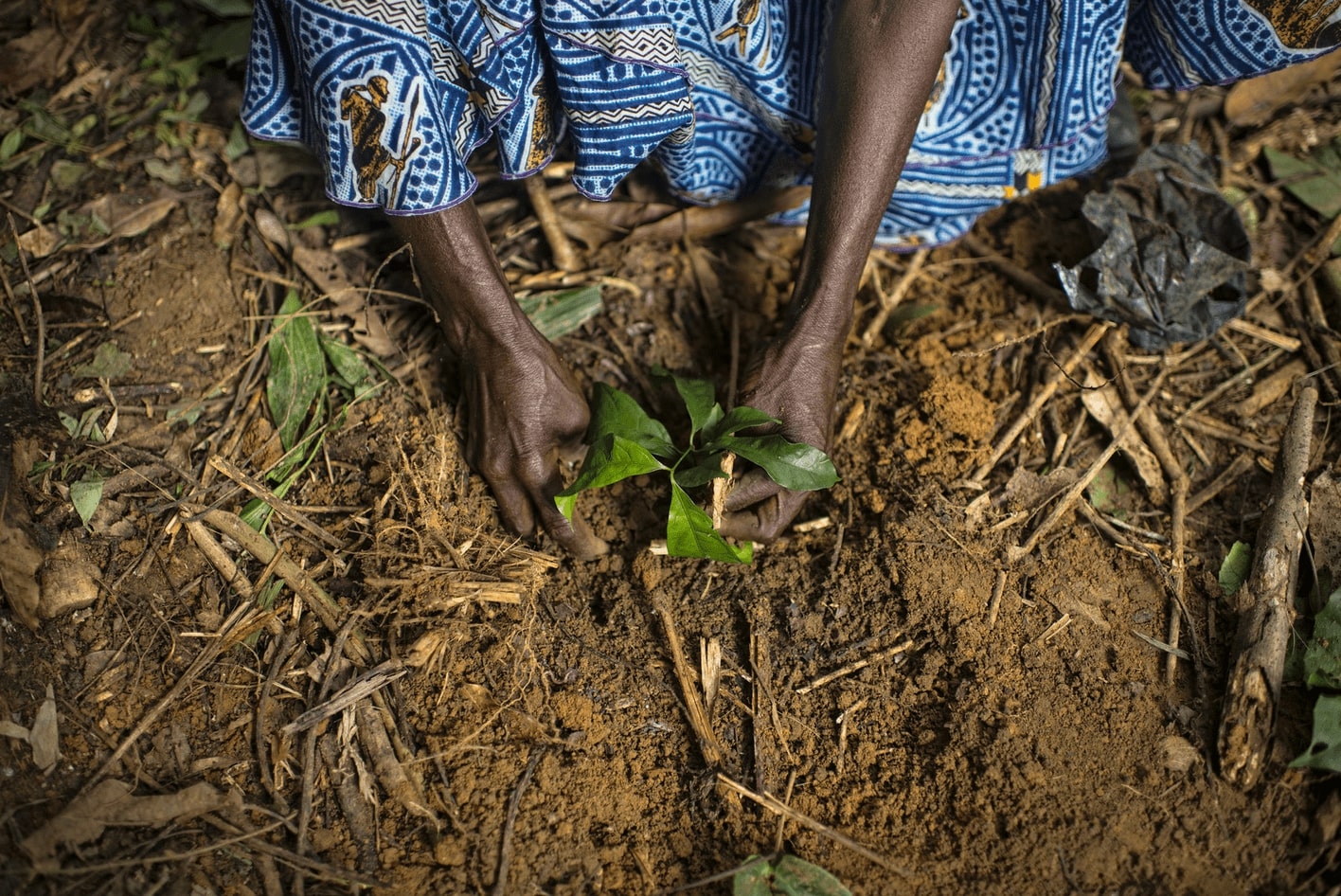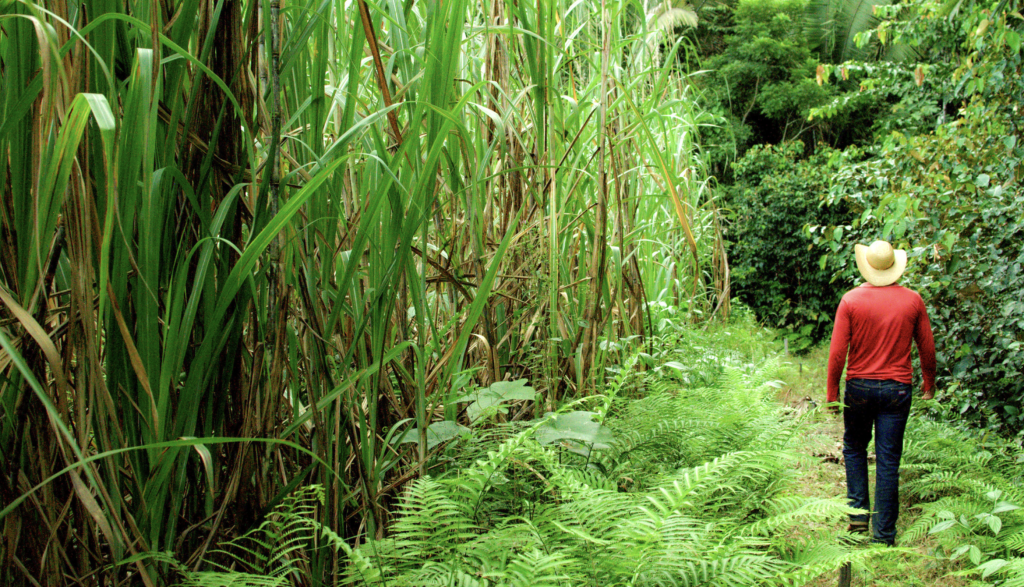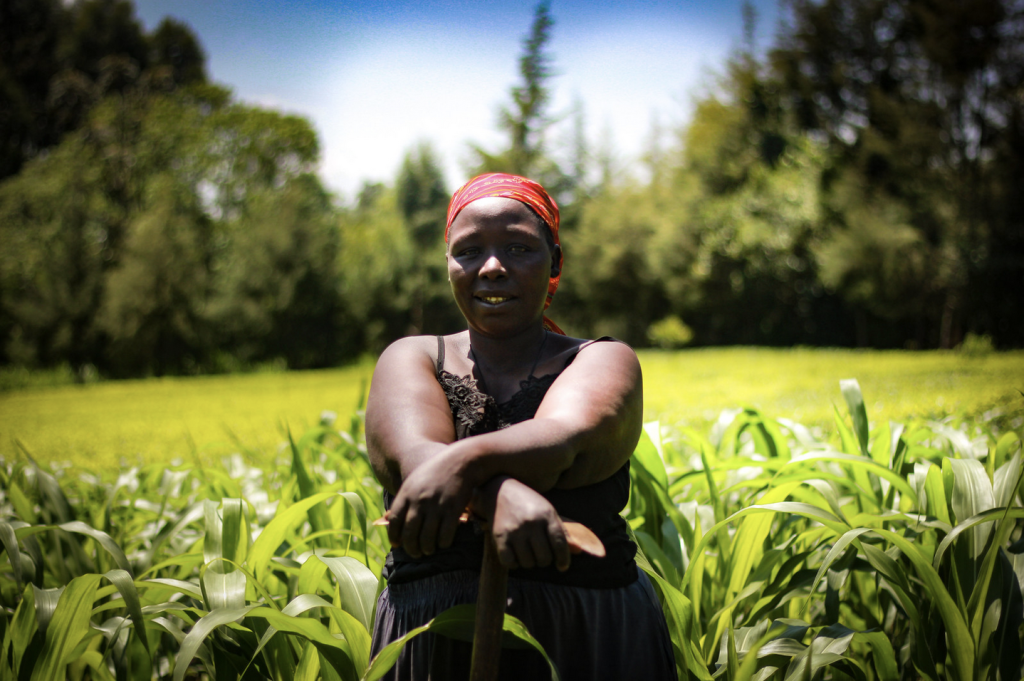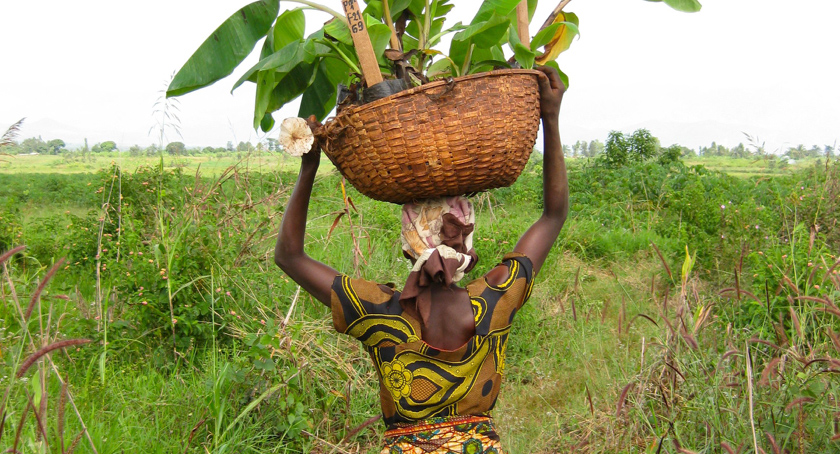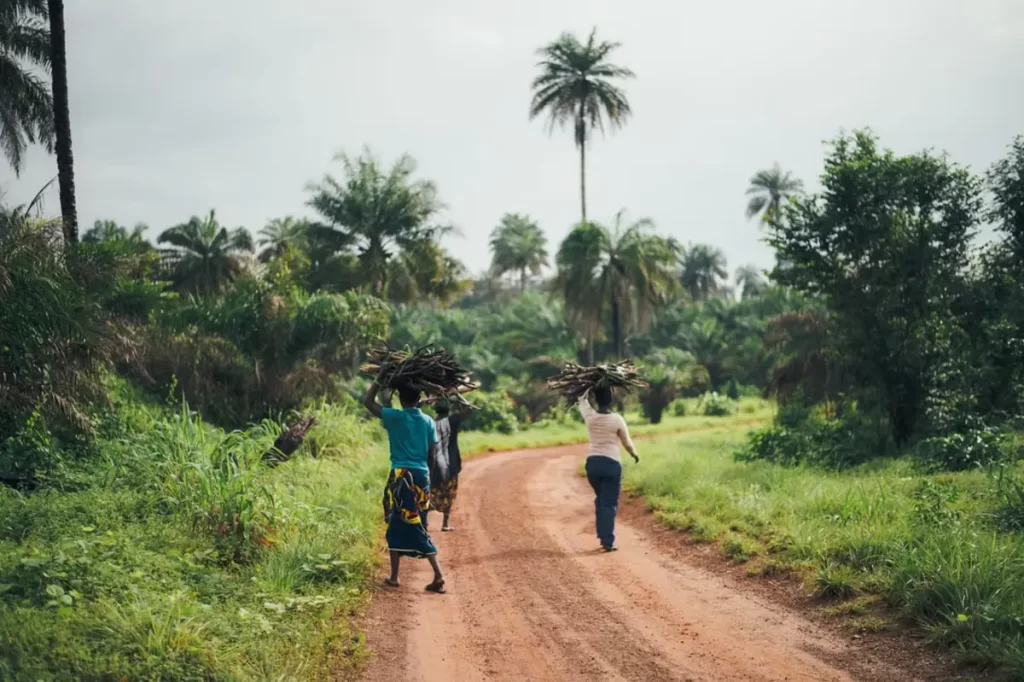Support to Regional Centres of Excellence related to Green Transition – FARA/RUFORUM component on agroecology (Regional Multi-Actor Research Network: RMRN Project)
It is estimated that about 200 million people in Africa are food insecure and undernourished, and the figure is increasing gradually. Agriculture is the main source of the economies in almost all SSA countries. Crop production, animal husbandry, fisheries and forestry are major agricultural products of SSA, contributing $310 billion to Sub Saharan African GDP. Agroecology has been suggested as a promising concept for reconciling agricultural production and environmental sustainability by optimizing ecological processes that deliver ecosystem services (ES) to replace external inputs. To improve agricultural productivity, there is the need to emphasise the introduction and extension of agroecological practices to improve soil fertility and rehabilitate degraded land. This project and its proposed actions are highly relevant to the Africa-EU partnership’s agriculture and food systems development priorities. The proposed action is further linked to continental initiatives, such as the Soil Initiative for Africa (SIA) – which seeks to apply ecological principles like agroecology to improve the productivity of African soils, thereby contributing to a better continental food system as well as food security of the continent. The proposed actions in this project are expected to enhance interactions with key African partners aimed to fine-tune the concept and the content of RMRNs/RCoEs for food system with an agroecological angle in line with the EU Farm to Fork strategy.
Project scope and aim
The overall objective (impact) of the project is to increase Science Technology and Innovation capacities of RCoEs in agroecology, contributing to a green transition in Sub Saharan Africa. The actions will enhance coherence and convergence of agroecological innovations for a green transition in Africa. To achieve this overall objective, three specific objectives (outcomes) have been defined:
- To strengthen scientific, technological, and institutional capacities of SROs and RMRNs/RCoEs in agroecology to produce, collect, access, process, share data / information and carry out impactful research activities using a gender-sensitive approach.
- To increase RMRNs/RCoEs agroecological contribution to transformative quality research and scientific knowledge generation and dissemination.
- To enhance RMRNs/RCoEs gender-sensitive support to practitioners, scientists and policymakers.
Modality
The project will be working at the sub-regional levels (west Africa, East, Africa, and Southern Africa) with multi-actor research networks to be selected by the sub-regional organizations in AR4D – namely, ASARECA, ORAF, and CCARDESA. At the continental level, RUFORUM and FARA will work to promote better interaction and collaboration between the research networks as well as capacity building, production and dissemination of knowledge, while facilitating policy engagements to support agroecology practices and principles in Africa.
Timeframe
Project duration is from January 2024 up until December 2026.
Key members and partners
- FARA
- RUFORUM
- JRC (ISPRA & Saville)



Related resources
Project websites of partner organizations:
Location
Project activities are scattered across the African continent through the SROs.
Key contacts
- Kwaku Antwi: kantwi@faraafrica.org
- Florence Nakayiwa: f.nakayiwa@ruforum.org
Added project value to Agroecology TPP
The two main partner organizations, FARA and RUFORUM, bring to the Agroecology TPP networks of research and academic institutions as well as organizations that could be leveraged to propagate and promote the activities of the AE-TPP. The convening powers of the two institutions could further be leveraged through activities like policy engagements, including those with governments of the AU member states.
Added value to the organisation running the project
The RMRN project will benefit substantially from the experiences of the Agroecology TPP in the implementation of its activities due existing similarities. The RMRN project sees the AE-TPP as a reference point for the agroecology experiences on the continent. The aim would be to build synergies with the AE- and further explore joint implementation of activities and actions. The RMRN further sees its membership in the AE-TPP as a move to ensure the sustainability of its gains post-project.

